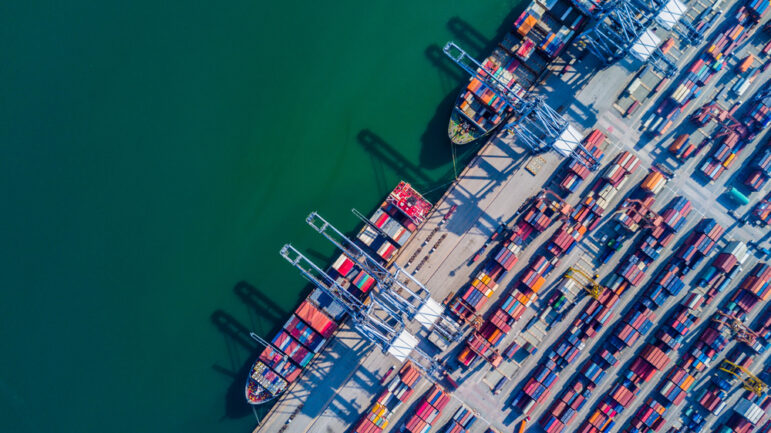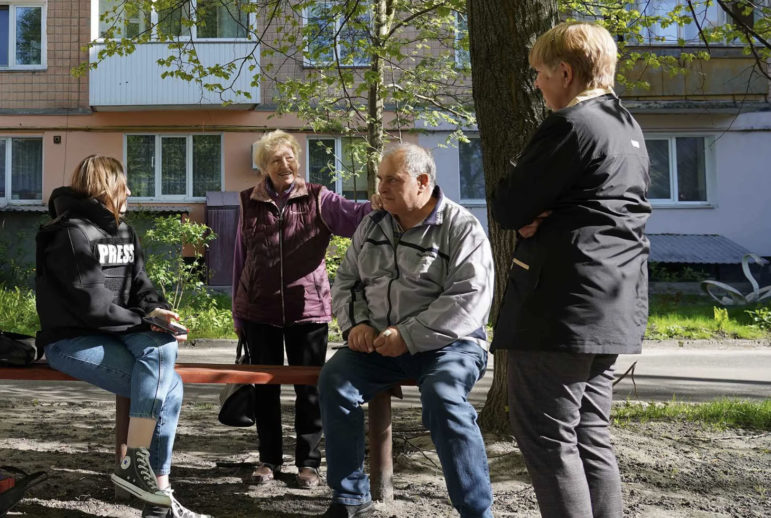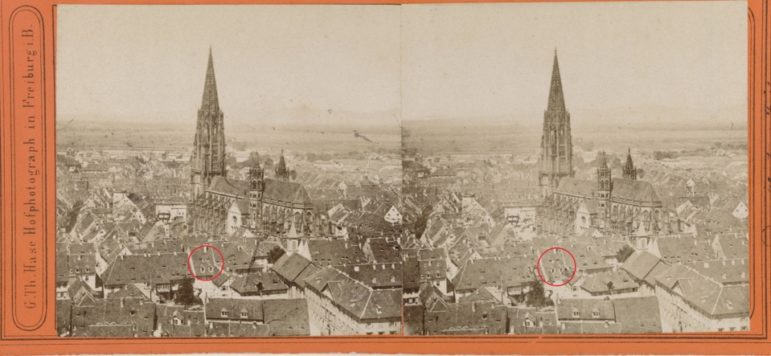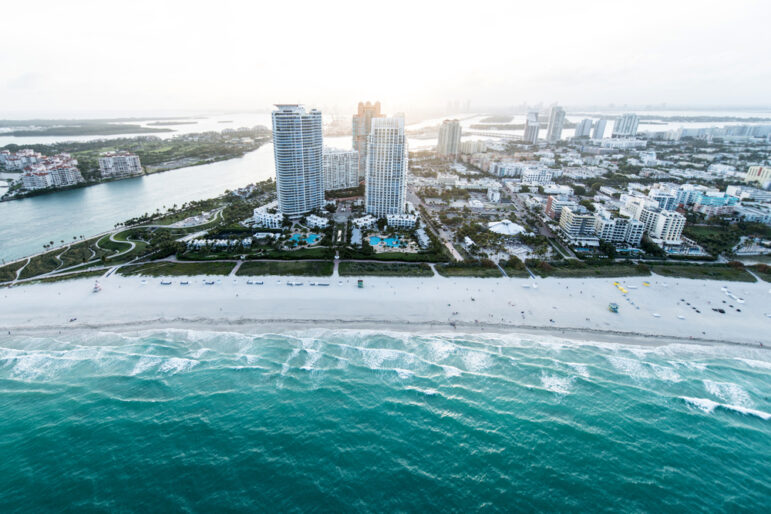

How Armando.info Uncovered Hundreds of Venezuelan Officials’ Secret Assets in Florida
Read this article in
When a team at Armando.info set out to find individuals linked to the Venezuelan government who might have investments — and even residency permits — in the United States, they never imagined the scale of what they would find once they started following the money.
Armando.info, a Venezuelan investigative journalism site and GIJN member, published the findings in Miami Nostro, an investigative series produced with additional reporting from the Miami Herald, in late 2022.
The collaboration discovered the names of hundreds of company and property owners that match those of former officials or members of the military serving in the socialist governments of Hugo Chávez, and, since 2013, that of Nicolás Maduro — including some who set up these investments while serving in government.
These Chavistas, many of whom had publicly proclaimed their antagonism toward the US and its capitalist economy, were found to be secretly moving, investing, or opening businesses in South Florida.
The Revolution Ends in Miami
Miami Nostro is the result of months of collaboration — not only among journalists, but also with software programmers, who found solutions for the technical aspects of the investigation. The programming team created a bot that extracted state positions and appointments from Venezuelan public records, and processed them in a database.
This enabled them to pull information from 3,050 editions of Venezuela’s official gazette (which records government decrees) dating from 2007 — during Hugo Chávez’s administration — to June 2022. Reporters then cross-referenced thousands of announcements of public servants’ appointments with records from the Florida Department of State’s Division of Corporations, the state’s official index of business entities and commercial activities.
They discovered that in Miami alone, at least 232 members of the Bolivarian National Armed Forces (“FANB” in Spanish) or former Venezuelan Ministry of Defense officials have registered companies or businesses that, in most cases, are still active. They also found that a total of 724 former officials — including ministers, vice ministers, office directors, magistrates, and judges — were linked to Florida companies.
“The idea was to see the double discourse that we have found… [where] several businessmen and officials linked to the government, after repeating revolutionary and anti-imperialist slogans for years in public, end up in Miami,” said Joseph Poliszuk, co-founder of Armando.info and the investigation’s coordinator.
They were able to verify that many of these officials had held positions of command at the very top of the state administration — who had participated in the design of the country’s political and economic system, but eventually moved their properties, businesses, and even lives to the United States.
Bots and Verification
In Venezuela, government data is scarce. On the few occasions that it is made available, it’s presented in formats not user-friendly for processing. This was the team’s first challenge: how to collect large volumes of names, positions, and dates from an opaque public registry?
“We asked a bot with an optical recognition system to process all the appointments,” said Poliszuk. That task was taken on by a group of programmers with whom Armando.info had collaborated previously.
“Not all of us can, and know, how to do everything, but the important thing is that we can do it as a team,” Poliszuk added.
That is how the team obtained the names of 128,082 Venezuelan public officials who had served in the last 15 years — and from that number, the total of 724 names of former Venezuelan officials linked to companies registered in Florida.
Their second challenge was to verify that the names that matched officials to companies or properties were indeed the same people. Valentina Lares, Armando.info’s editor-in-chief, remembers it as an enormous challenge. The task was divided among all Armando.info staff, to speed up the work and analyze each individual case, matching names to dates of birth or other information. “We looked to see if they were real names, if they had indeed been civil servants, if their identity document numbers — passport or DNI, for example — matched,” Lares explained.
At the third stage, to decide which stories to feature in the investigation, they analyzed which cases were of greatest public interest. (They did not publish the full list of names.) Poliszuk and Lares said they considered not only which officials’ public statements were starkly contradicted by their private investments, but also each official’s professional trajectory and their ability to explain the source of the money for their Florida investments.
Selecting Cases
From the hundreds of names, Armando.info found dozens of notable examples of former high-ranking officials with companies operating in the US — including a former major general who went from managing state-owned companies in Venezuela to registering his own private firm in Fort Myers; a former customs manager at Venezuela’s main international airport who is now a state contractor through a customs company based in Miami; and a former Venezuelan congresswoman who opened a spa center in Florida.
But Armando.info and the Miami Herald also reported in depth on — and interviewed — some former Venezuelan officials from the list who had previously been connected to administrative irregularities, or had been investigated for misappropriation of funds or other wrongdoing in Venezuela. (Some of these individuals were interviewed as part of the investigation; all deny wrongdoing.)

The collection of stories that formed part of Armando.info’s Miami Nostro investigation. Image: Screenshot, Armando.info
When Armando.info asked the US State Department for comment on these findings, the department responded, in writing, that they could not speculate on case-by-case eligibility of individuals for visas or residency permits.
The team also interviewed US officials and journalists for more insight on this point, who suggested that some former Venezuelan officials could have negotiated their status in the US by providing information about corruption in Venezuela.
“In some of the cases, we found out from interviewing sources [US officials and journalists], it is difficult to explain how these officials could have arrived in Miami in any other way than by collaborating with the US authorities,” says Poliszuk.
But these sources also noted that while some former officials may have negotiated their status with privileged information, and that some may be on the run from wrongdoing while serving in government in Venezuela, there will be many whose only crime is their lack of ideological consistency — railing against the US in public while secretly investing there.
None of the officials named in the Miami Nostro investigation are currently subject to active court proceedings in the US, although one individual mentioned in the reporting — currently a fugitive in Venezuela — was indicted in the US in 2018 on various money laundering charges, and is subject to US sanctions.
Additional Resources
Calculating Corruption: Peru’s Ojo Público Creates Tool to Gauge Contracting Risks
How Armando.info’s Exiled Reporters Keep Reporting on Venezuela
Cabot Prize: Exiled Reporters Track Corruption and Human Rights Abuse in Venezuela
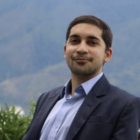 Alessandro Di Stasio is a freelance journalist. He used to be an economics and politics reporter, but now he is dedicated to investigating financial corruption issues. He currently resides in Madrid, Spain.
Alessandro Di Stasio is a freelance journalist. He used to be an economics and politics reporter, but now he is dedicated to investigating financial corruption issues. He currently resides in Madrid, Spain.






